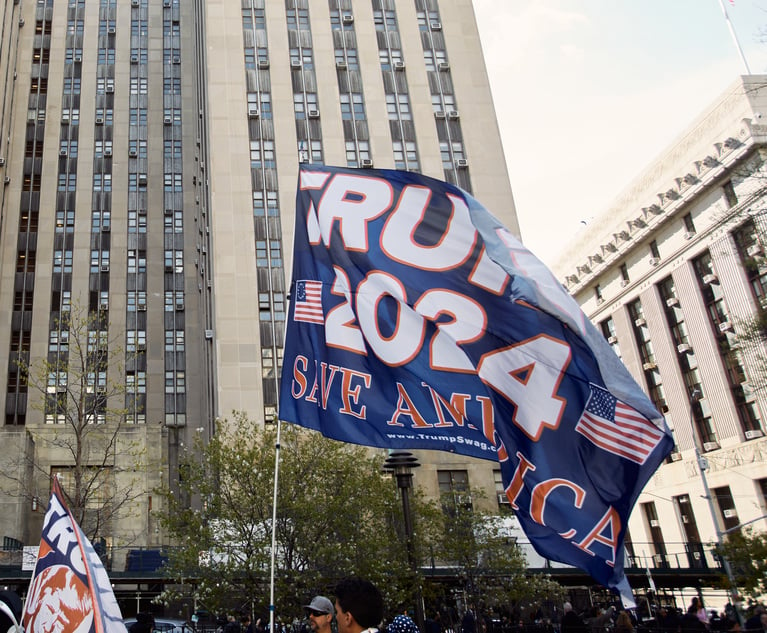 For any attorney who practices in New York Supreme Court, interlocutory appeals—that is, appeals to the Appellate Division from non-final orders—are a standard fixture. New York’s approach to such appeals is so liberal that it is common to assume that just about any order of the Supreme Court will be appealable “as of right” (that is, without the need to seek permission either from that court or from the Appellant Division). But this is only almost true: Some types of orders are not appealable absent permission; others require additional procedural steps before an appeal can be taken. This article explores those nuances.
For any attorney who practices in New York Supreme Court, interlocutory appeals—that is, appeals to the Appellate Division from non-final orders—are a standard fixture. New York’s approach to such appeals is so liberal that it is common to assume that just about any order of the Supreme Court will be appealable “as of right” (that is, without the need to seek permission either from that court or from the Appellant Division). But this is only almost true: Some types of orders are not appealable absent permission; others require additional procedural steps before an appeal can be taken. This article explores those nuances.
Substantive Categories: Broad But Not Limitless
On its face, CPLR 5701 (titled “Appeals to appellate division from supreme and county courts”) seems to make virtually any order of the Supreme Court appealable as of right. CPLR 5701(a)(2), which lists the types of orders to which this right attaches, is extremely broad in scope—authorizing appeals as of right from (among other things) orders that “involve[] some part of the merits” (CPLR 5701(a)(2)(iv)) or “affect[] a substantial right” (CPLR 5701(a)(2)(v)).






